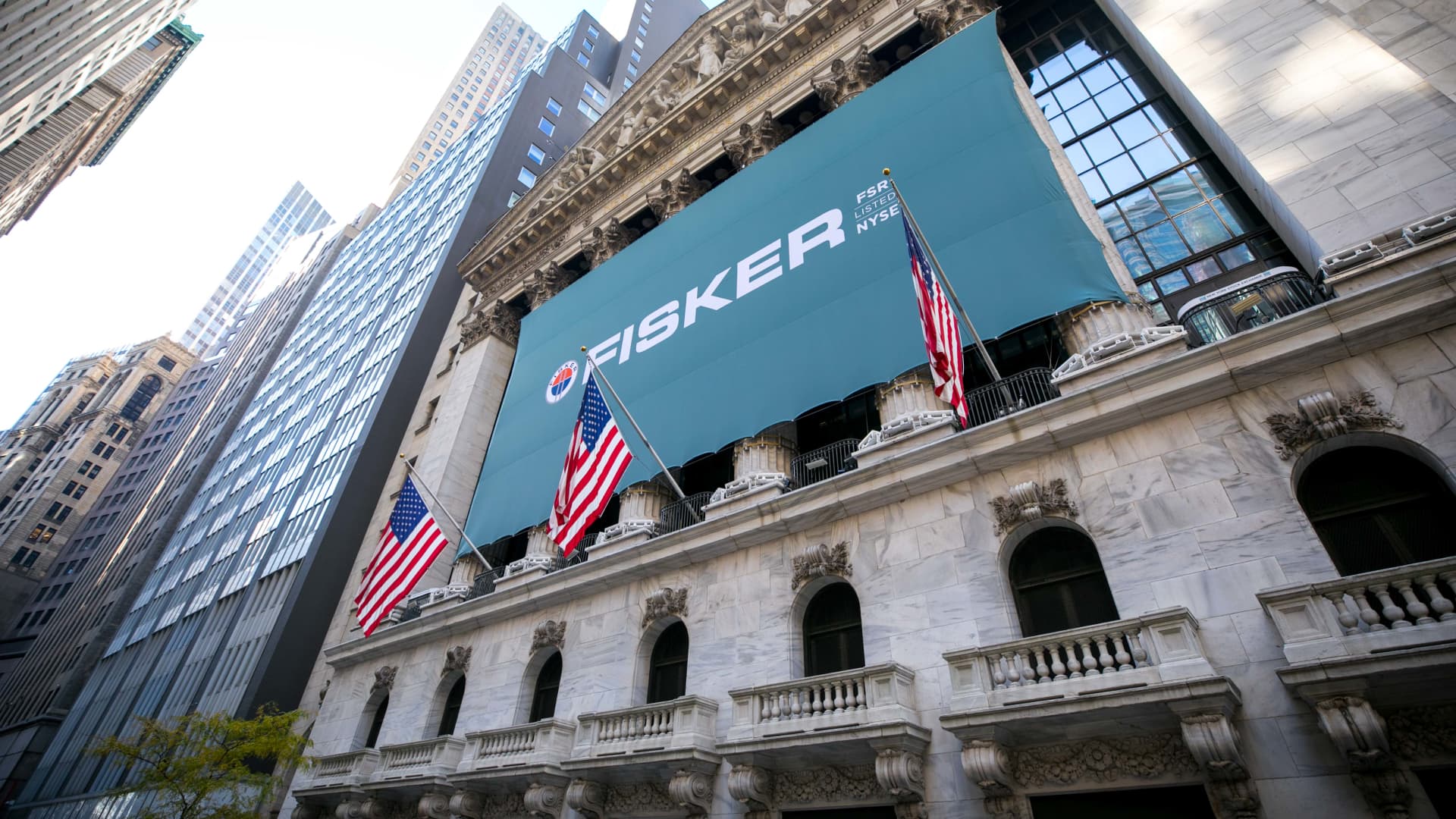Products You May Like
Electric vehicle startup Fisker on Tuesday reported a wider first-quarter loss than expected and cut its production guidance for the full year, both of which it blamed on last minute snags as it begins production of its Ocean SUV.
But CEO Henrik Fisker told CNBC that the company expects regulatory approval to begin deliveries of the Ocean in the U.S. before the end of May. The company began delivering vehicles to customers in Europe last week.
Shares were down over 13% in premarket trading after the news.
Here are the key numbers from Fisker’s first-quarter earnings report, together with consensus Wall Street estimates as reported by Refinitiv:
- Loss per share: 38 cents, versus a loss of 30 cents expected.
- Revenue: About $198,000, versus $14.4 million expected.
Fisker’s net loss for the quarter was $120.6 million, or 38 cents per share, a wider-than-expected number that Fisker attributed to higher research and development expenses that it’s not expecting to repeat. A year ago, Fisker reported a net loss of $122.1 million, or 41 cents a share, with no revenue.
Fisker said it had about 65,000 reservations for the Ocean as of May 8, roughly the same number it had when it reported its fourth-quarter results in February. It has over 6,000 reservations for its upcoming second model, a lower-cost EV called the Pear that will be built by Foxconn at the former Lordstown Motors plant in Ohio starting in 2025.
Fisker now expects its manufacturing partner, Magna International, to build 32,000 to 36,000 Oceans at its Austrian contract-manufacturing plant this year, down from 42,400 in its earlier guidance.
It said it expects to build 1,400 to 1,700 vehicles in the second quarter, assuming its suppliers ramp up as expected. After that, it expects to quickly increase production in the third quarter to a run rate of about 6,000 vehicles per month for the rest of 2023.
“We are ready to go full speed on production next week,” Henrik Fisker told CNBC’s Phil LeBeau on Tuesday. “[By the] end of this month, we are already going to produce 55 cars a day.”
